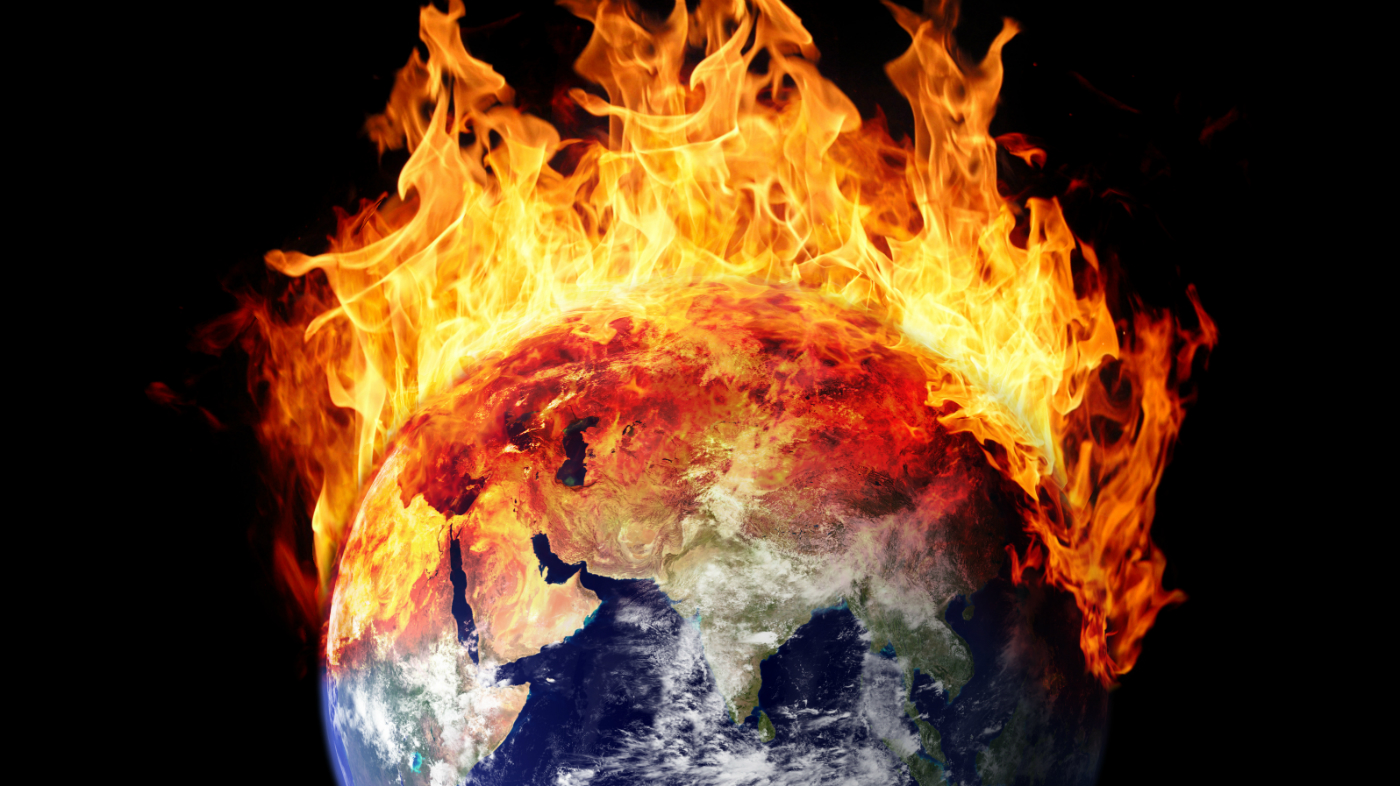Can Davos 2015 solve the world’s problems?
That is a question posed by one of the sessions at this week’s annual meeting of the World Economic Forum in the prestigious ski resort of Davos-Klosters. For those unfamiliar, the WEF meeting is an invitation-only gathering of the global leaders of business, government and NGOs, whilst the WEF itself is a Swiss nonprofit foundation with the motto “Entrepreneurship in the global public interest”.
It’s not easy to convey the purpose of Davos. There are those who think it is where the real work of the world gets done, a unique opportunity for powerful individuals to make informal deals behind closed doors without the usual shackles and strictures of their office or position.
Others think it is a pompous chinwag of little consequence, with a self-important agenda (see above) and lots of people using words like “horizontality” that they may or may not understand. Yet more think it is an excuse for a ski trip and a party.
The truth is it is probably a mix of all three, and at the start of this year there can be no doubt that there is a lot to talk about.
Is it all bad?
So far in 2015 it is the ‘macro’ that is dominating the headlines. In 2014 oil prices more than halved and show no signs of ending their decline, iron ore fell 47% along with other commodities, the ECB is reportedly about to announce a large new quantitative easing plan to try to stimulate some activity in mainland Europe, and Switzerland just released a cap on their currency resulting in an immediate 15% rise.
Whereas in the past two years those in the tech world have been able to focus on their own issues, and the funding by and large has been there for the taking, the bigger picture is starting to impose itself.
Taking the oil price decline in isolation, it would appear to be a positive. Many observers think that Saudi Arabia has engineered the current situation to curb the ambitions of renewable energy and Canadian oil sands, with the added bonus that it gives Russia and Iran’s political ambitions a financial reality check.
If it really is all internal industry politicking then the outcomes seem mostly positive. Energy costs work like a tax on activity, and suddenly there should be a lot more disposable income in the economy.
And since renewable energy is on a technology price curve, halving every 18 months or so, I personally do not think it changes the end game there much.
Adding in the fall of commodities in general, there is also the idea that China’s economy is undergoing a structural shift away from capital intensive activity (building roads and railways) to be more service-oriented (opening tour operators, accountancy firms, media agencies), creating some issues for Australian copper miners but even more of a tax break for the rest of the world. Another positive.
The reality
However, adding in the reality of low European growth, and the flight of foreign exchange to Switzerland the concerns that there are deeper structural issues at play are not without merit. Interest rates in the US and UK, where there is good activity, may also rise this year, adding to the complexity.
The consequences of all this are important and much harder to fathom. Can Davos 2015 solve the world’s problems? Let’s hope so.

